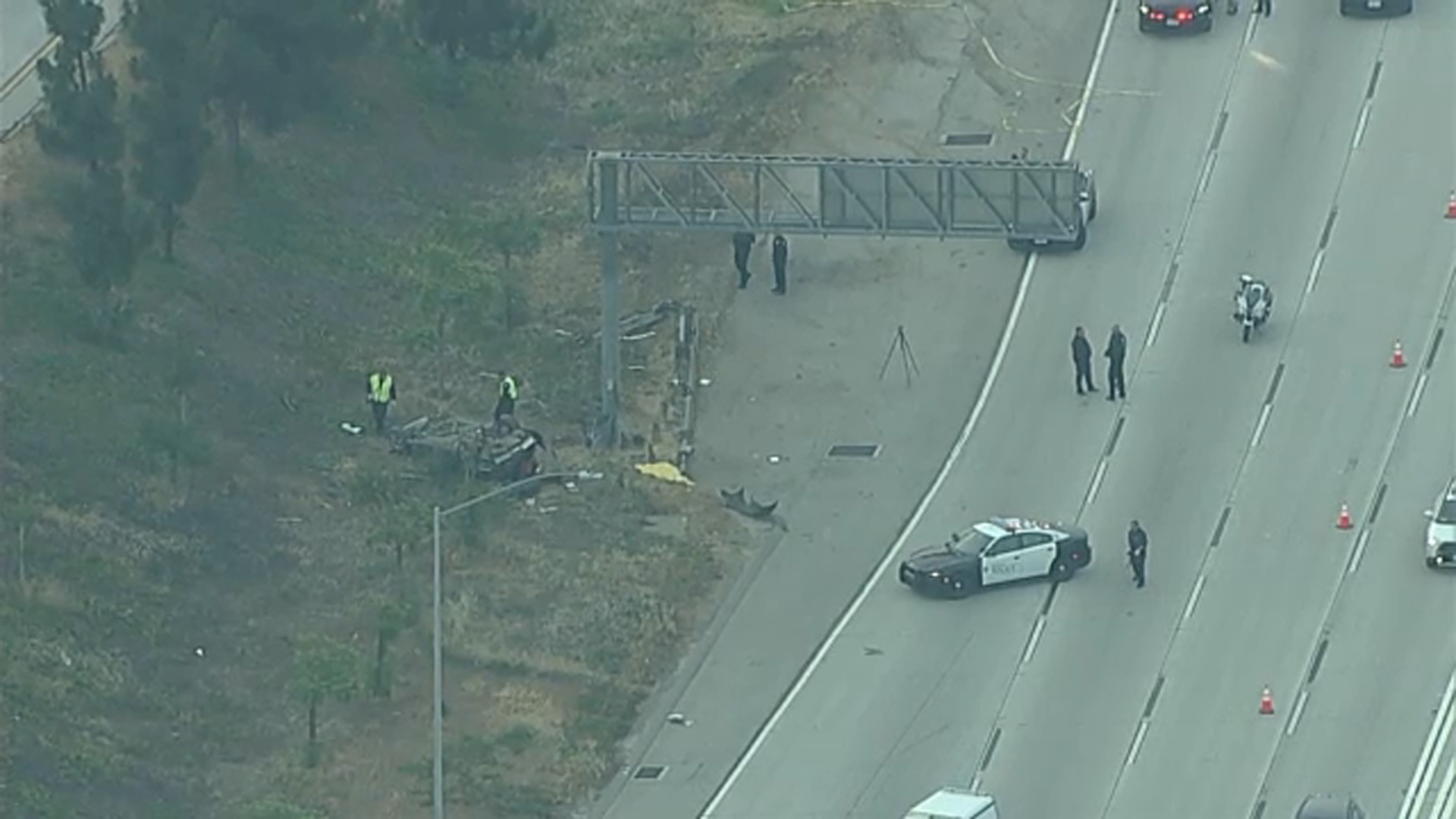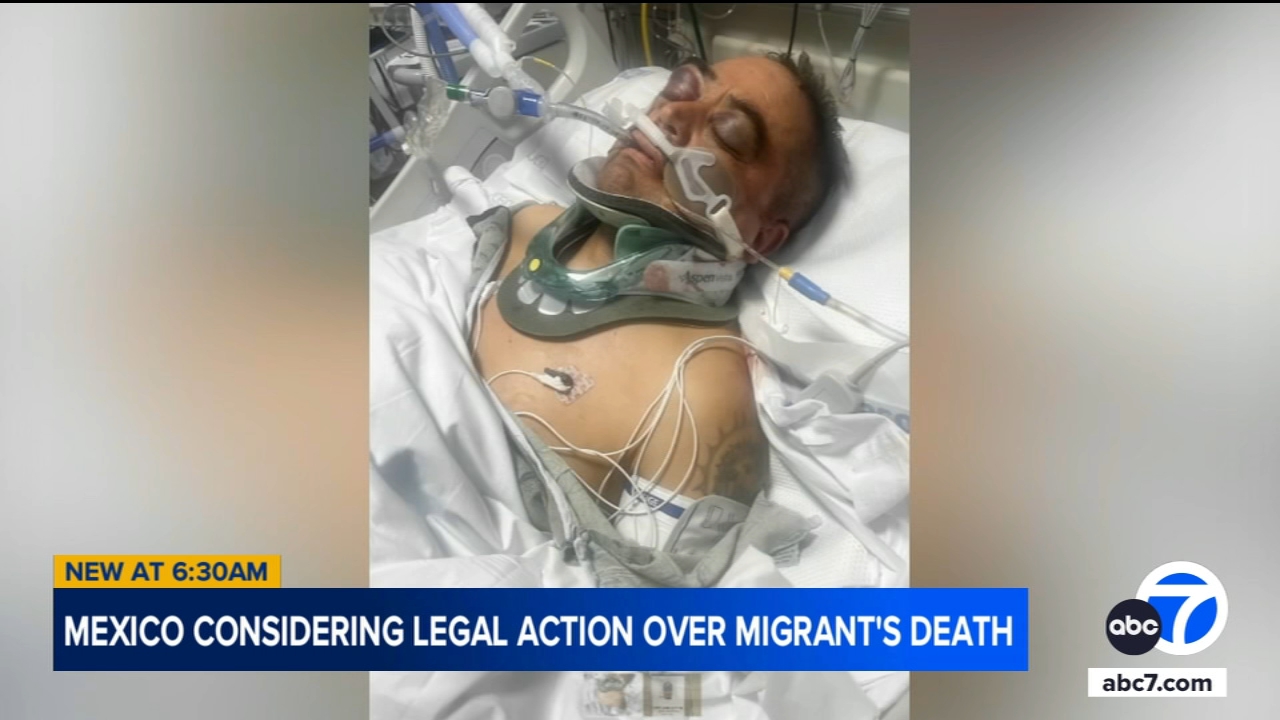Video game actors on strike call AI 'biggest threat they've ever faced'

LOS ANGELES (KABC) -- Video game performers voted to go on strike Thursday, throwing part of the entertainment industry into another work stoppage after talks for a new contract with major game studios broke down over artificial intelligence protections.
"I've done over 300 games in my career, probably over 500 characters so, I'm very heavily involved in the industry," said JB Blanc, one of thousands of video game performers on strike. "This is the biggest existential threat I think we've ever faced as actors."
The Screen Actors Guild-American Federation of Television and Radio Artists (SAG-AFTRA) has been negotiating with video game producers (see below) for nearly two years and have yet to come to an agreement.

The main sticking point is protecting performers from the use of AI. SAG-AFTRA negotiators say gains have been made over wages and job safety in the video game contract, but that the studios will not make a deal over the regulation of generative AI.
Without guardrails, game companies could train AI to replicate an actor's voice, or create a digital replica of their likeness without consent or fair compensation, the union said.
Audrey Cooling, a spokesperson for the video game producers party to the Interactive Media Agreement, released the following statement:
"We are disappointed the union has chosen to walk away when we are so close to a deal, and we remain prepared to resume negotiations. We have already found common ground on 24 out of 25 proposals, including historic wage increases and additional safety provisions. Our offer is directly responsive to SAG-AFTRA's concerns and extends meaningful AI protections that include requiring consent and fair compensation to all performers working under the IMA. These terms are among the strongest in the entertainment industry."
When asked about the prospect of not working due to the strike, Blanc, who's been an actor for decades, said no one is ever really ready.
"No one is prepared for a strike, particularly when it could be of an unknown length, but the determination is definitely there," he said. "It's a question of our future. This isn't just a threat to actors, this is a threat to anyone. We know automation and AI is a massive threat."
Clayton Davis of Variety explains how AI concerns also helped fuel the TV and film strike that lasted 118 days.
"We heard these concerns about how they can scan your body, and use you again, without your consent, paying for one day's work for a lifetime of your likeness being used," he said.
Though it was just the first day of the strike, performers are ready for the long haul, if needed, knowing all that is at stake.
"This is potentially the end," said Blanc. "We're not going to budge on this. We are going to stay determined, and as long as it takes, we are very resourceful people. You don't frighten actors. We're used to being starving artists; we've done that most of our lives."
The Associated Press contributed to this report.







